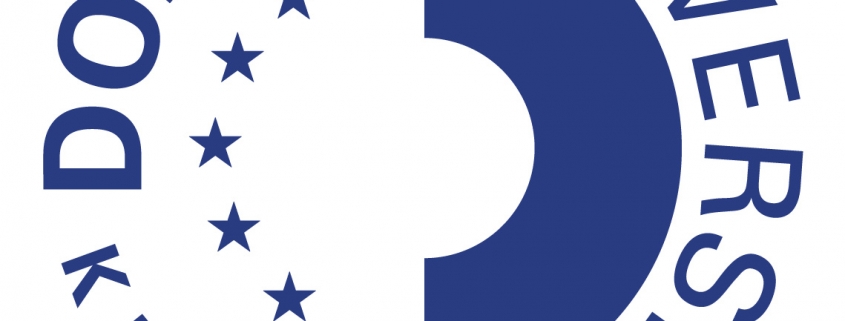The Continuing Education University
With increasing global competition, companies and their employees are under increasing pressure to update and improve their skills throughout the life of their career. Despite this, there are very few higher education institutions committed to support the development of postgraduate skills to the same degree as Danube University Krems (DUK).
Founded in 1994 as a centre for continuing education, DUK is one of the most pioneering higher education institutions in Europe. It is a specialised institution in the sector of lifelong learning (LLL) offering university-based advanced education. Continuing education is not just a field of training, rather it is a core competence.
The university´s mission and vision, together with existing expertise in continuing education, mean that the entire educational structure is geared towards the particular standards and requirements of middle-aged professionals and executives. DUK offers, in this context, a wide range of academic studies and continuing professional development. This approach is mainly based on the specific requirements for LLL and part time academic programmes, which combine scientific grounding with practical applicability.
The university is home to more than 9,000 students from 91 countries studying 200 different courses make it one of the leading universities of continuing education in Europe today. Moreover, 50% of students having worked in their fields for more than 10 years further emphasising their unique profile.
The university courses are specifically tailored toward the needs of working professionals. A holistic approach specifically developed for continuing education enables DUK students to deepen their expertise and strengthen their personal competences. DUK operates on eleven parameters of research-based teaching that stemmed from its comprehensive experience in educating heterogeneous groups, promotion of social inclusion and mobility.[1]
These eleven parameters are an essential part of the university ́s development plan (Entwicklungsplan) and serve as the main guidelines in providing higher education at DUK[2]:
- Taking into consideration students ́ needs and certain life stage characteristics;
- Using blended learning didactics;
- Expanding the number of courses offered in English, and the international focus in general;
- Didactic implementation and use of small groups;
- Careful selection and mentoring of lecturers with both academic and professional backgrounds;
- Offering courses of study that are not yet in demand, but might be in the future;
- Admission of students with non-academic qualifications comparable to academic degrees;
- Equal representation of the age and gender groups;
- Providing a culture of positive welcome and social inclusion with the aim to provide services for students with disabilities or chronic illnesses;
- Offering preparatory courses tailored to the main study programme as well as exam preparation during the course to support students;
- Granting a variety of scholarships.
Each curriculum must adhere to the standards with these eleven principles, which also have to be mirrored in the quality management and feature in the relevant documents (Entwicklungsplan/Leistungsvereinbarung with Federal Ministry of Science, Research and Economy). Furthermore, these principles have to be considered in the process of arranging the teaching personnel, because all stakeholder groups need to be accountable along with the principles. Lecturers with high academic profiles are obviously essential for all universities, but for DUK it is of great importance to employ lecturers and professors with a certain professional background.
In addition to the basic research in selected specialist fields, the DUK’s ‘challenge-driven’ and ‘needs-based’ transdisciplinary research activities are specifically guided with the support of collaboration with numerous scientific and business partners by the current challenges and the needs of professional organisations.
[1] Entwicklungsplan der Universität für Weiterbildung Krems (Donau-Universität Krems) 2015-2020 (2014).
[2] ibid





